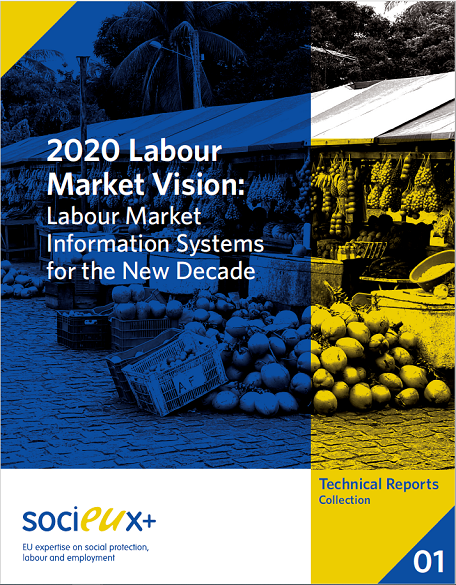Highlights
The need for labour market information systems is even more pressing at times of significant disruption as the Covid19 crisis. While the report was written before the emergence of the crisis, its insights and suggestions are even more relevant in the current context in which labour markets are changing rapidly. Monitoring accurately and disseminating widely these evolving circumstances and opportunities is increasingly important now.
Labour markets are hungry for information. Firms want to identify and hire workers that fit well with their vacancies; workers are keen to know about the best opportunities for their labour; students and governments want to invest in skills that will offer the highest private and public returns; competences are evolving; and citizens are interested in the latest developments and general outlook for work and employment in their countries.
Economic development —and even social protection— can therefore be significantly supported when quality labour market information is made available to all the relevant stakeholders, including the ones above. Fortunately, new technologies, in particular those based on the Internet, as well as new sources of (big) data, including from administrative registers, offering of growing opportunities for public and private organisations to deliver increasingly more timely, accurate and actionable information.
These technology and data sources can —and should— be leveraged as key building blocks of modern labour markets and modern labour market information systems, including the developing countries. Public employment services should play a critical role here: first, in feeding data to the information system and, second, in both developing and drawing on the insights that this system can generate to modernise its activities and make labour markets more efficient and equitable.






